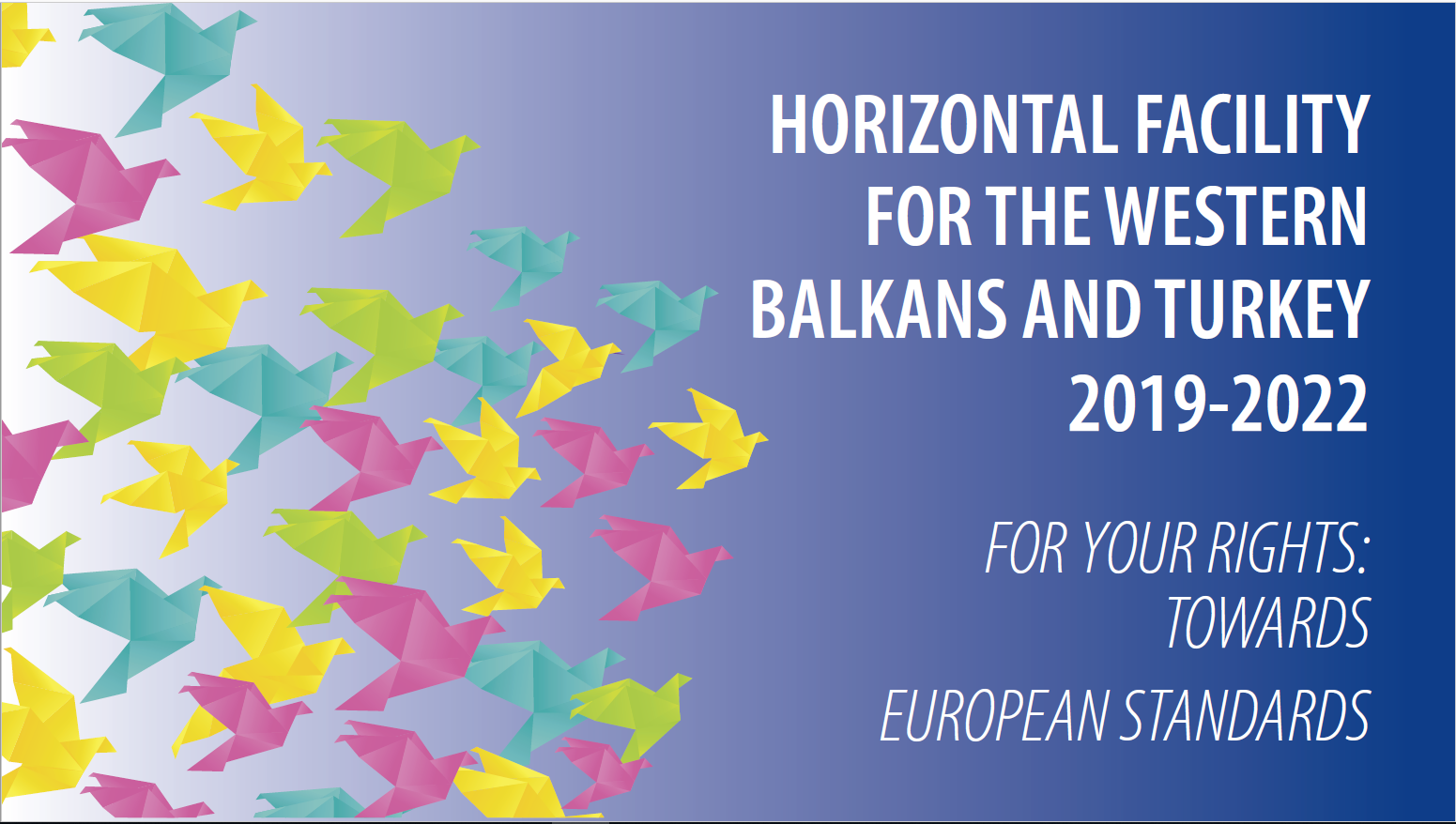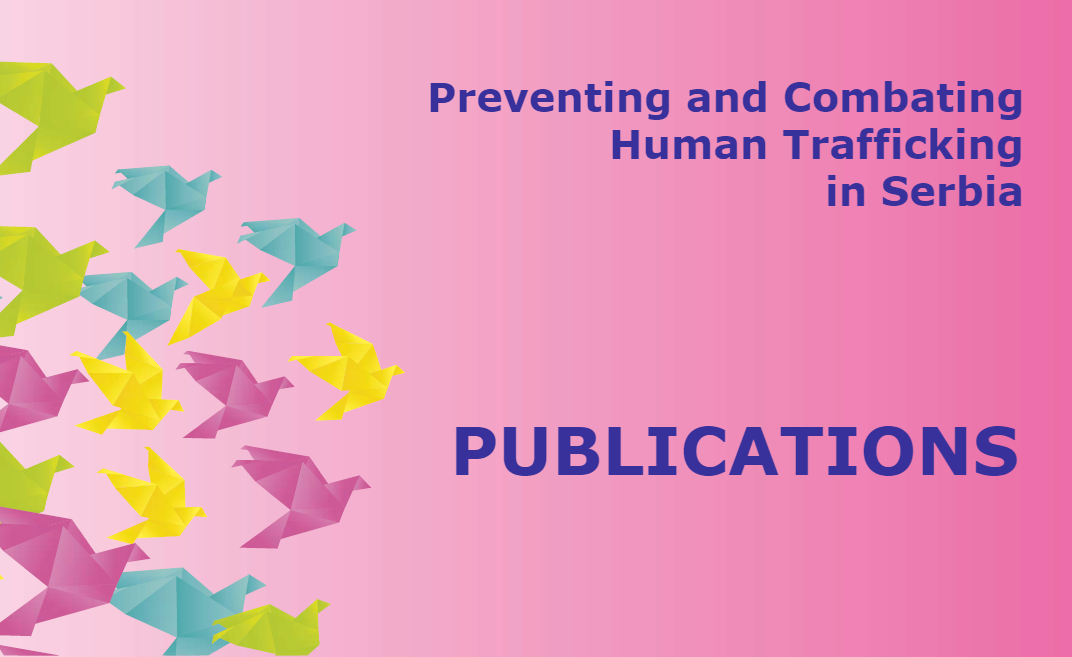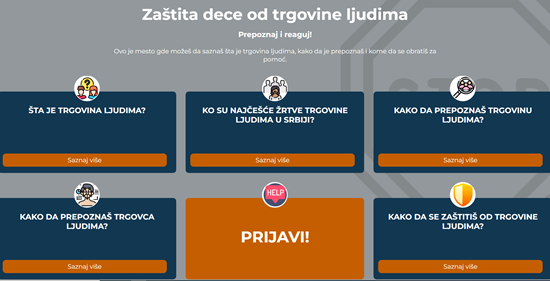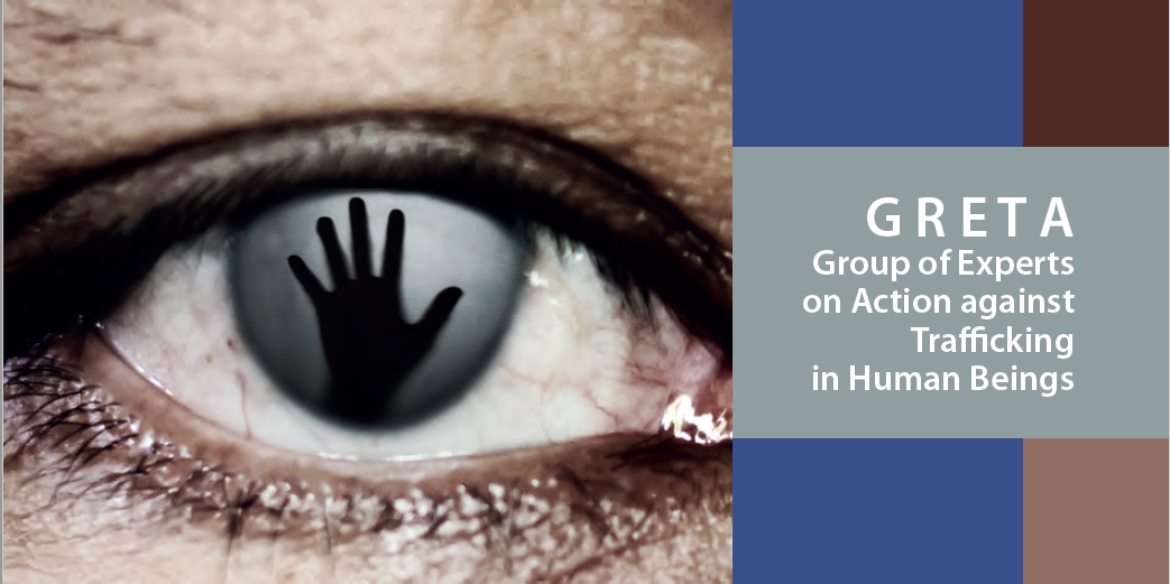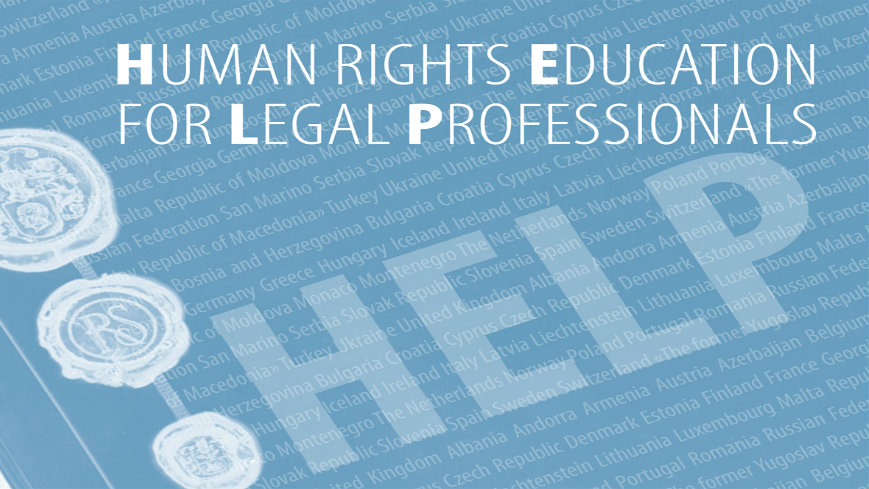On European Anti-Trafficking Day (18 October), the Council of Europe’s Group of Experts on Action against Trafficking in Human Beings (GRETA) calls on governments to counter technology-assisted human trafficking and to consider the best interests of victims when designing and using technological tools to combat trafficking in human beings.
GRETA President Helga Gayer said: “Technology should be used to decrease the burden on victims, for example in relation to investigations and prosecutions. The best interests of victims should be at the heart of any action.”
Information and communication technologies (ICT) are increasingly used to commit human trafficking offences, including the recruitment of victims, advertisement of services, sexual exploitation via live streaming, and the control and monitoring of victims. This creates difficulties in detecting and identifying victims, investigating and prosecuting human trafficking offences, as well as international co-operation. At the same time, ICT create new opportunities in tacking human trafficking and can play a significant role in addressing data gaps, leading to the more effective use of resources and better co-ordination.
Civil society organisations have called for more attention to be given to the potential risks and harm generated by large scale data collection and technological tools. Finding the right balance between the victims’ need for confidentiality in accessing services and the need to collect evidence to assist investigations can be challenging, in particular for civil society organisations supporting victims of trafficking. GRETA stresses the importance of applying data protection measures when data are shared or collected, as provided by Article 11 of the Council of Europe Convention on Action against Trafficking in Human Beings.
“Internet, and information and communication technology more generally, can have a considerable impact on the human rights of individuals, including the rights to privacy, freedom of expression and freedom from discrimination”, added GRETA’s President. “Technology-based policies to combat human trafficking need to be designed and applied with careful consideration for human rights.”
GRETA is currently finalising a study on online and technology-facilitated trafficking in human beings, based on evidence collected from parties to the Council of Europe Anti-Trafficking Convention, civil society organisations and technology companies. The report will provide guidance on preventing, detecting, investigating and prosecuting technology-facilitated human trafficking, as well as international co-operation, co-operation with private companies, and issues related to human rights, ethics and data protection.




